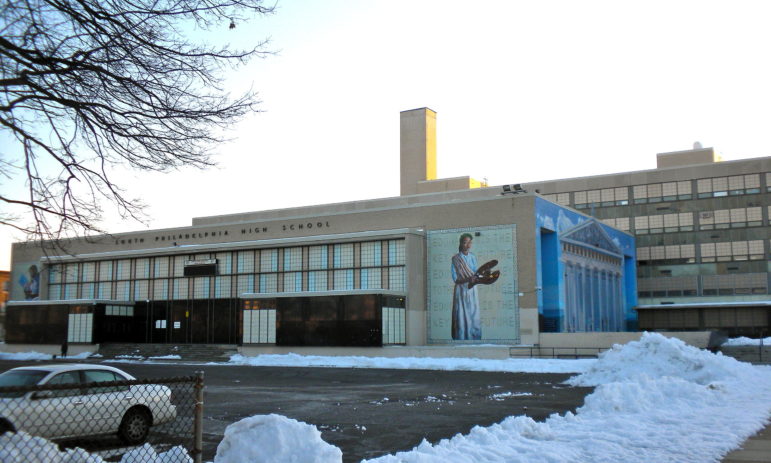
June 29, 2016, Philadelphia Inquirer
A federal jury has ruled that the Philadelphia School District discriminated against a security company on the basis of race when, in 2010, the district awarded a $7.5 million no-bid contract to another firm—a minority-owned business that had not sought the work and was not on a state-approved list of vendors eligible for emergency contracts. A $2.3 million judgment has been issued against the school district.
In the suit, originally filed in 2012, Security & Data Technologies Inc. (SDT) claimed that late Superintendent Arlene Ackerman “deselected” the company from a contract for the installation of security cameras at 19 schools, and that Ackerman said in a meeting that she did not want to give the work to white contractors.
SDT is owned by two white men. The contract was awarded to a smaller, minority-owned contractor, IBS Securities. A former district procurement official stated that Ackerman directed the district to award the camera installation to IBS after asking why “a black firm [couldn’t] get it.” IBS had not requested the work, and, unlike SDT, wasn’t on a state-approved list of contractors eligible for no-bid contracts.
At the time the contract was awarded to IBS, the school district had a goal of awarding 20 percent of its contracts to minority firms—and it was well ahead of its goal, awarding 27 percent of contracts to minority firms in 2009. SDT had also promised to employ minority workers as one-third of the workforce necessary to complete the project.
Sign up for our free newsletters
Subscribe to NPQ's newsletters to have our top stories delivered directly to your inbox.
By signing up, you agree to our privacy policy and terms of use, and to receive messages from NPQ and our partners.
Before her death in 2013, Ackerman repeatedly denied that she had directed the award. She left the district in 2011 after accepting a buyout of over $900,000. Deputy Superintendent Leroy Nunery stated that district’s request for SDT’s pricing had been made prematurely, and that IBS simply made the most sense for the single-source contract.
While SDT’s suit has resulted in the most expensive payout related to the incident, it is only one of four related lawsuits that the Philadelphia School District faces. Three former employees have sued the district under whistleblower laws, claiming they were defamed or wrongfully punished in the aftermath of a Philadelphia Inquirer article discussing the IBS contract.
Francis Dougherty, former head of human relations, spoke anonymously to the Inquirer about the manner in which the contract was awarded. After an article on the contract went to print, six employees were placed on leave while an investigation into the leaked information took place. Dougherty was later fired. Dougherty asserted that he had spoken to the Inquirer, successfully sued the district for wrongful suspension and termination, and settled another lawsuit with the Philadelphia School Reform Commission out of court. John Byars, a procurement official, was also suspended and subsequently fired, and will bring a similar case to federal court in November. Augustine Pescatore, a commander in the school district’s Office of School Safety, returned to work but was reassigned to the patrol division. He claims he was wrongfully demoted and defamed, and is also suing the district.
The editorial board of the Philadelphia Inquirer ran an opinion piece on Wednesday supporting the decision in the SDT lawsuit and discouraging the school district from its stated plan to appeal the ruling. The board calls minority inclusion in contracting a worthy goal inappropriately reached in the SDT case, and writes, “In addition to the $3 million owed to plaintiffs so far, the School District had paid the Tucker Law Group $1.6 million to handle cases related to the camera contract as of March. The district could also be forced to compensate SDT for its legal fees in the case it just lost—and, incredibly, has threatened to appeal. School officials likely could have saved the impoverished district millions in fees and damages by acknowledging obvious wrongdoing and reaching settlements with those who were wronged.”—Lauren Karch











